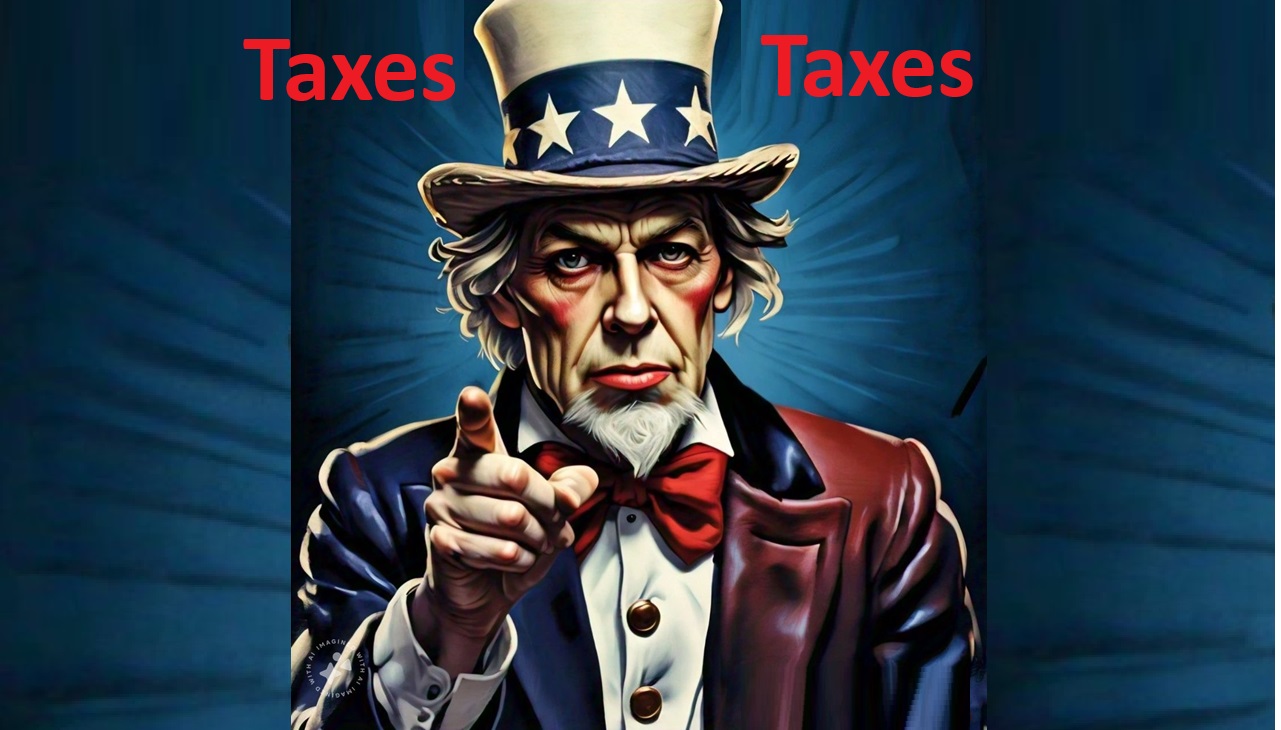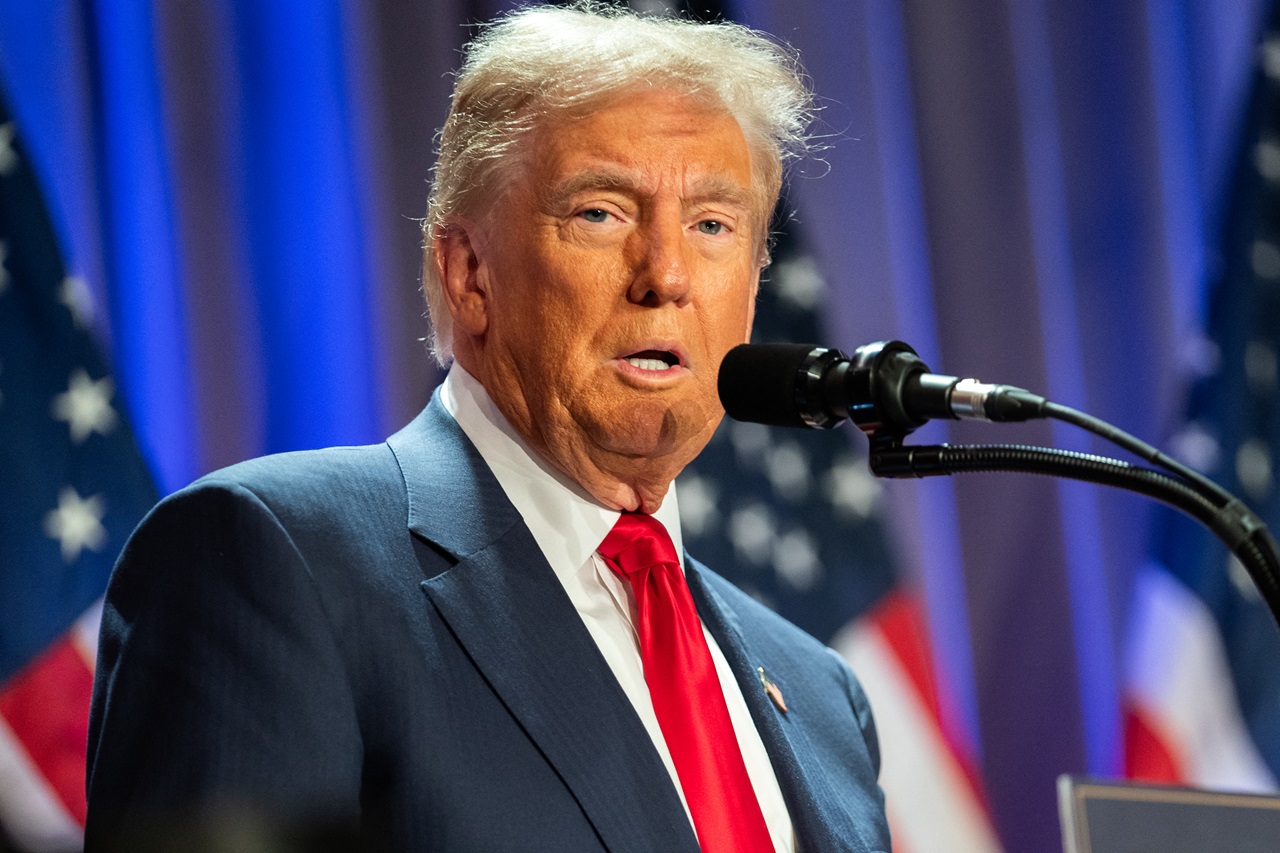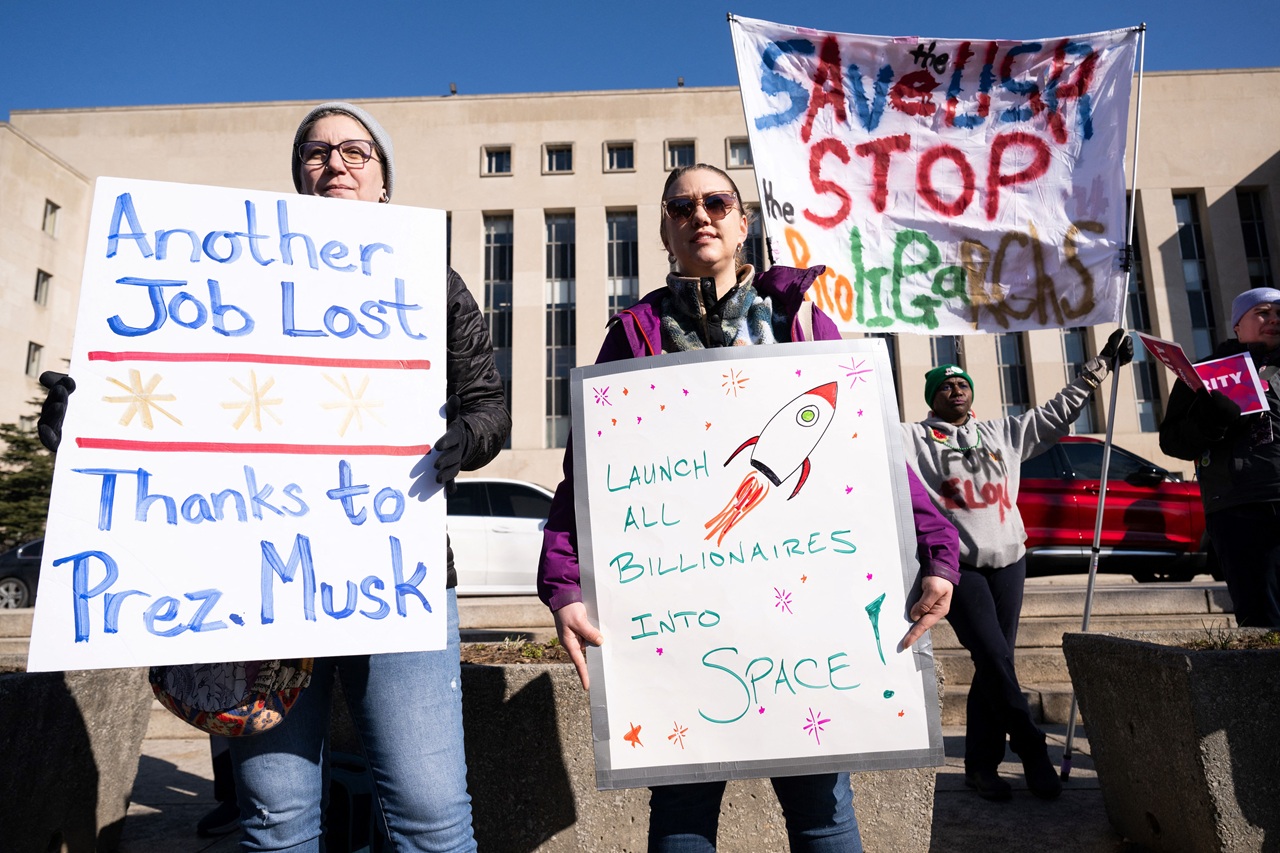
It's the taxes, stupid!
Every campaign has key issues that decide votes on election day. Abortion, migration and climate change, among others, carry significant weight in the electoral balance.
A new issue has emerged as very important: taxes; the candidates have understood this. And they have put their tax plan for the next four years on the table.
While Donald Trump has led the discussion, for example, by proposing to reduce the corporate rate to 15%, last week Kamala unveiled an aggressive incentive plan.
Under that plan small businesses could deduct $50,000 in start-up costs; the current benefit is $5,000. She is also proposing new interest-free loans for small businesses interested in growing.
“I want to see 25 million new small business applications by the end of my first term and to help achieve this we will lower the cost of starting a new business so here's the thing on average. It costs about $40,000 to start a new business in America that is a great financial barrier for a lot of folks and it can hold entrepreneurs back and the current tax deduction for a startup is just $5,000”, she explained during the campaign event in New Hampshire last Wednesday.
Kamala told the audience that she will pursue a fairer tax code “while also prioritizing investment and Innovation. Let us be clear: billionaires and big corporations must pay their fair share in taxes. Cuz here's the thing: it's just not right that those who can most afford it are often paying a lower tax rate than our teachers and our nurses and our firefighters it's just not right it's just not right so that's why I support a billionaire minimum tax and corporations paying their fair share”.
At this point, we must move on to the other candidate: Donald Trump, who proposes to continue the tax cut that he and Congress implemented in December 2017.
CONTENIDO RELACIONADO
Then, the Corporate Income Tax rate went from a bracket between 15% and 39% to a single rate of 21%. Trump has hinted that he may propose to Congress a further reduction to 15% during his term.
During a conference at “The Economic Club of New York” last Thursday, Trump said that one of the pillars “of my plan is to make the Trump tax cuts permanent”, and promised an additional cut taxes including “no tax on tips”.
Taxes became a key campaign issue precisely because the economy has been for the last few years: not only inflation but doubts about an eventual recovery are key for citizens who had struggled during the aftermath of the pandemic, especially because of phenomena such as high prices.
Any idea that facilitates the value creation effort will be welcomed by voters. Other economic issues can be expected to gain prominence in the campaign in the future. For example, the fiscal situation, as the U.S. faces many challenges in terms of government spending. There is discussion about the level of public debt, which now stands at $35 trillion and is expected to reach $36 trillion next December.
So, in general, the economy will be a central issue in the political debate. It's taxes (and the economy), stupid!










DEJE UN COMENTARIO: